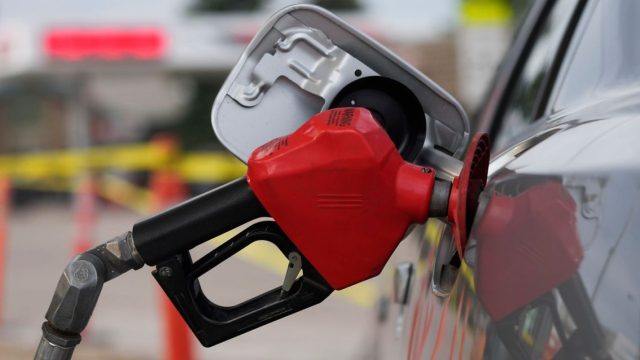The scarcity of Premium Motor Spirit (PMS), widely known as petrol, reached critical levels on Wednesday. Many filling stations across Abuja and five other states closed down, exacerbating transportation woes and leaving thousands stranded.
The affected regions include the Federal Capital Territory (FCT), Nasarawa, Niger, Gombe, Sokoto, and Anambra states, where commuters faced considerable difficulty finding transport due to the unavailability of PMS necessary for vehicle operations.
The shortage prompted an immediate spike in transport fares as the few operational vehicles capitalized on the high demand.
In the nation’s capital, the scene was particularly grim with hundreds of motorists queuing at Conoil and Total filling stations adjacent to the corporate headquarters of the Nigerian National Petroleum Company Limited (NNPC) in a desperate bid for fuel.
This caused significant congestion, disrupting the flow of traffic throughout the Central Business District.
“The situation is dire. We’re here because it’s the only station selling,” said Amaka Ndubuisi, a local commuter waiting in a queue at NNPC’s headquarters. “I’ve been here for over three hours.”
Similar closures and queues were observed in Niger State, especially in Zuba, where popular stations like NNPC and AYM Shafa remained shut.
The ripple effects were felt as far as Arab Road in Kubwa, Abuja, and along the Kubwa-Zuba expressway, where numerous outlets were forced to halt operations.
Chief John Kekeocha, the National Secretary of the Independent Petroleum Marketers Association of Nigeria (IPMAN), explained, “There is an evident shortage of supply to Abuja and neighboring states. Many stations can’t sell PMS, which naturally results in the severe queues you witness at the few that do.”
The cause of the shortage remains under investigation. Oil marketers and NNPC management are scheduled to meet today to discuss potential solutions to the ongoing crisis.
In a related development, optimism remains high concerning the long-term resolution of the fuel scarcity issue, with industry leaders looking towards the Dangote Petroleum Refinery and the Port Harcourt Refining Company to begin operations soon.
“We are hopeful that once Dangote starts output and the Port Harcourt refinery resumes production, the challenges of scarcity and queues will be history,” stated Abubakar Maigandi, National President of IPMAN.














